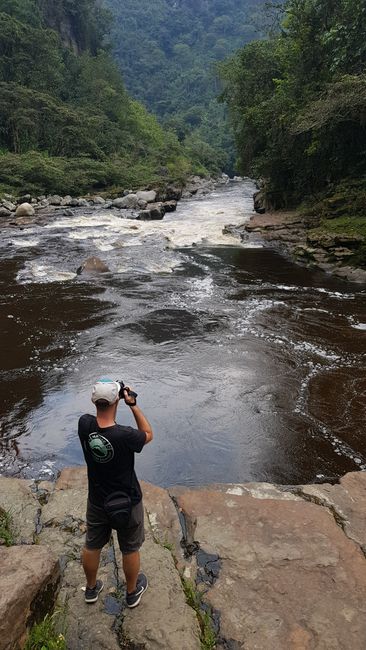After a short stop in Nha Trang, we continue to Saigon
Ishicilelwe: 11.12.2018
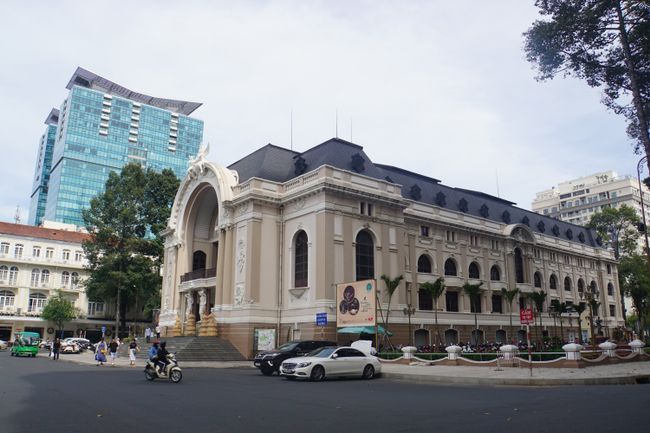
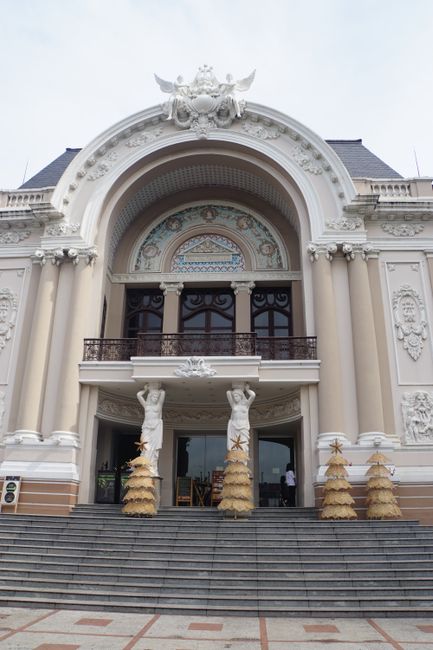
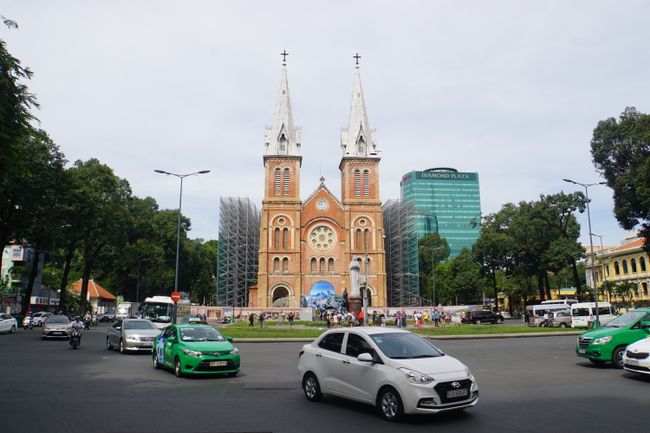
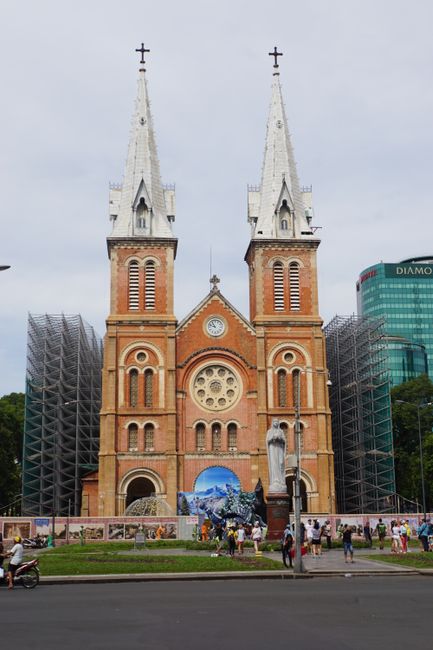
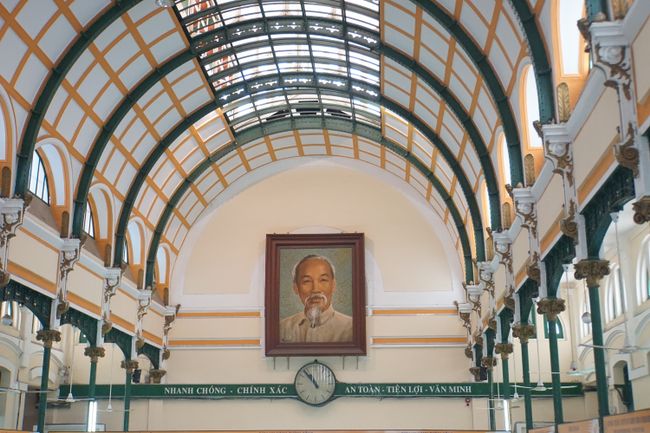
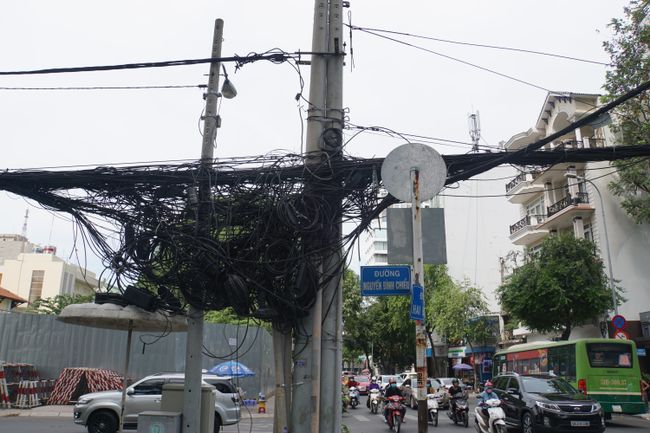
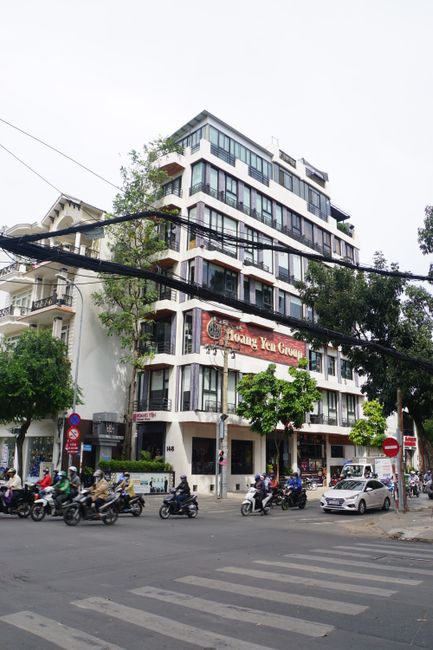
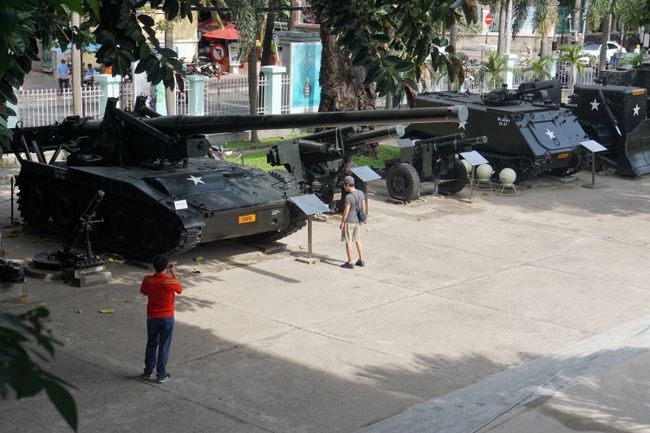
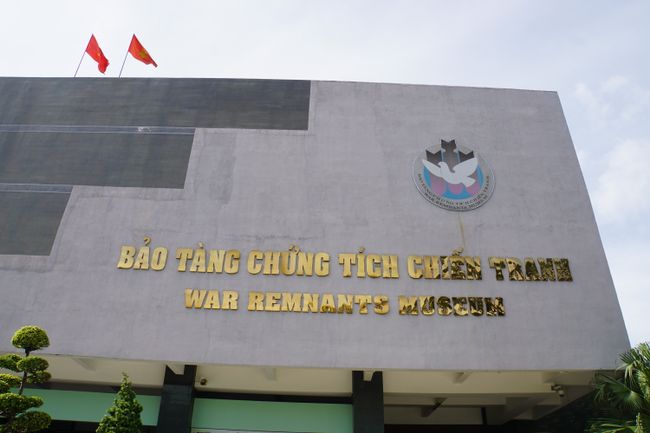
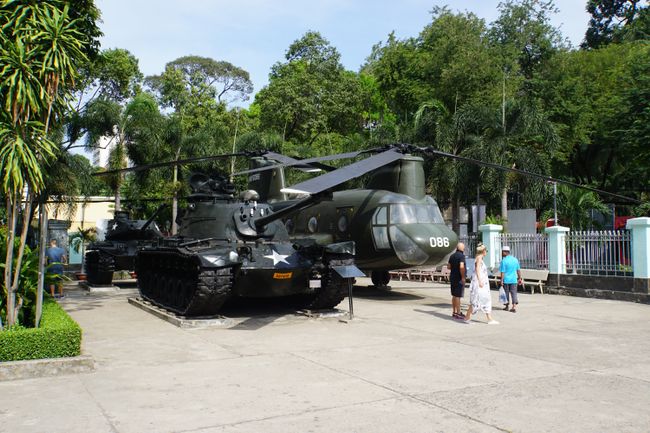
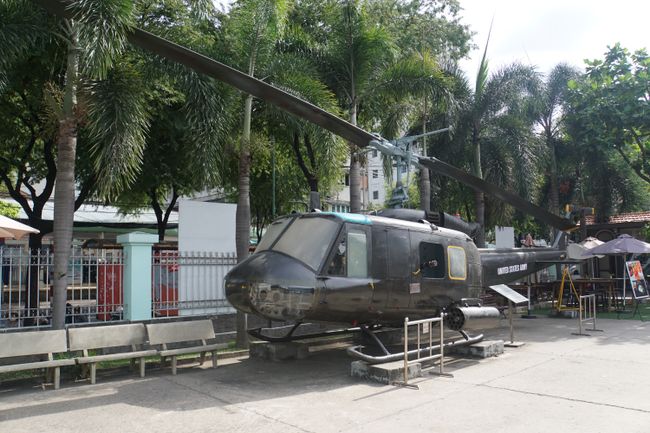
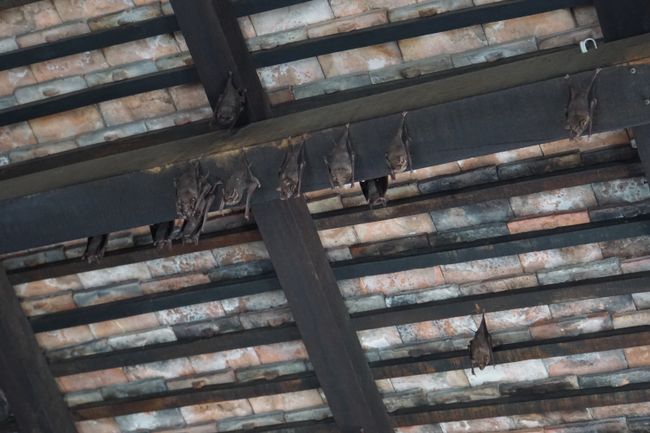
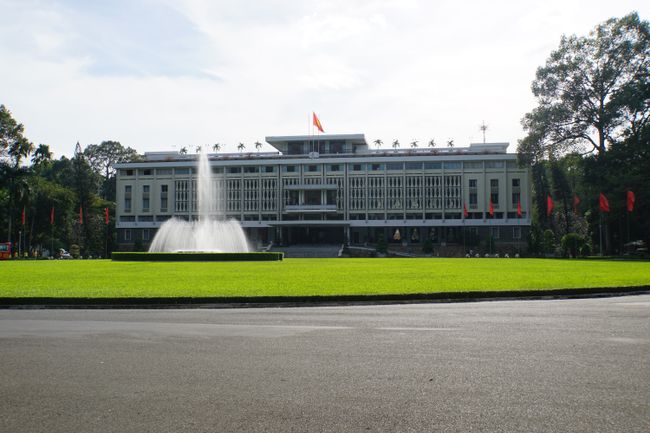
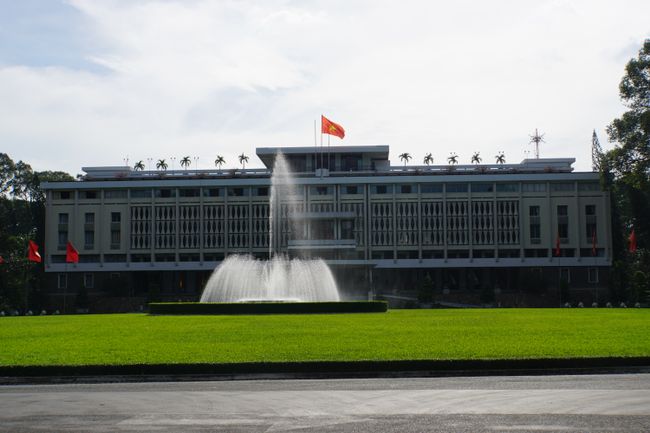
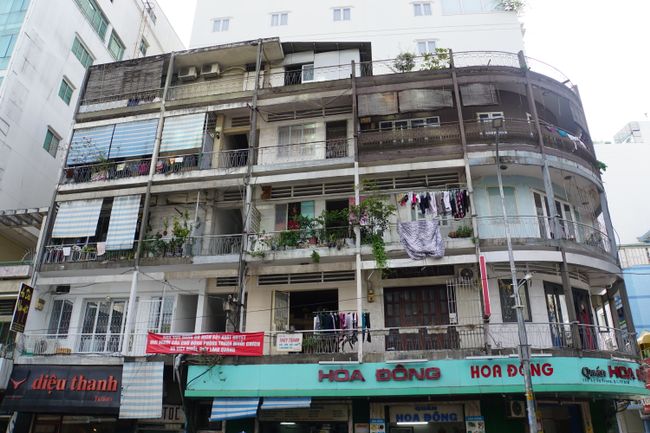
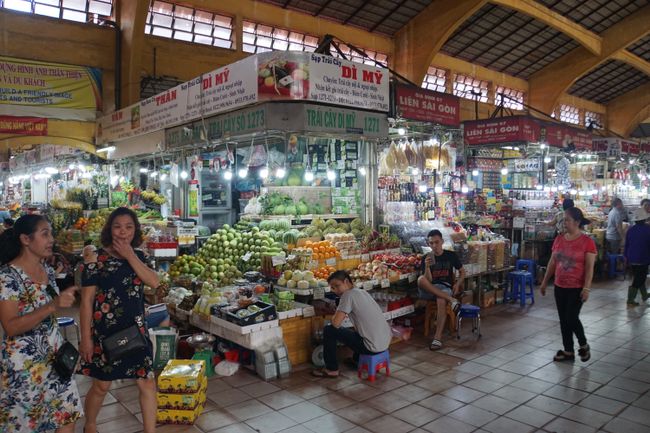
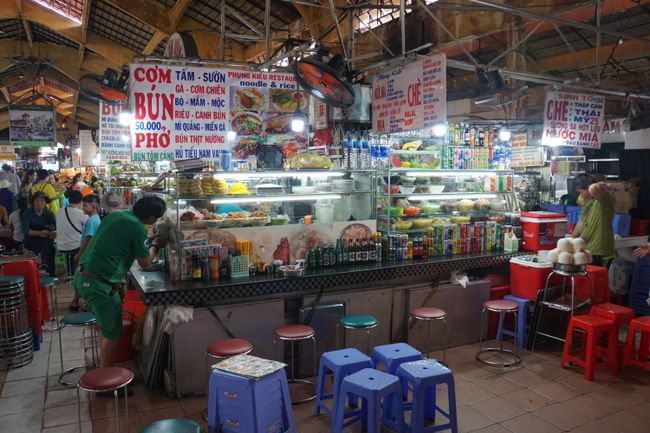
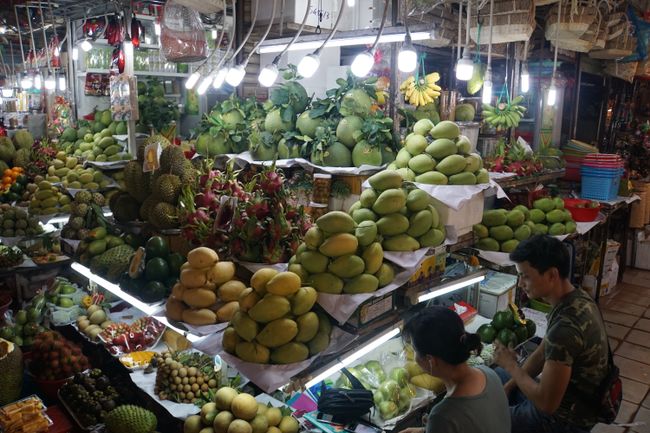
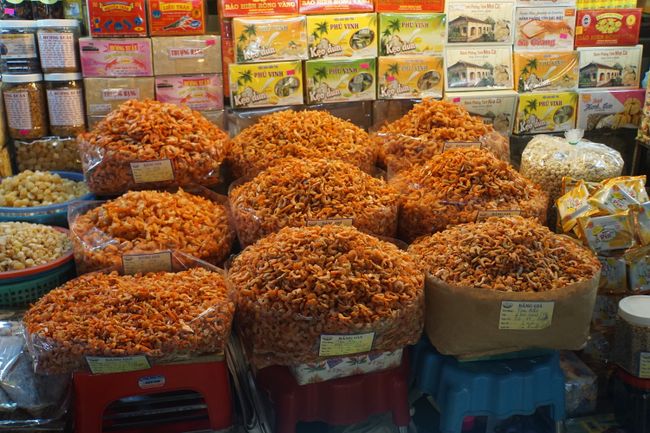
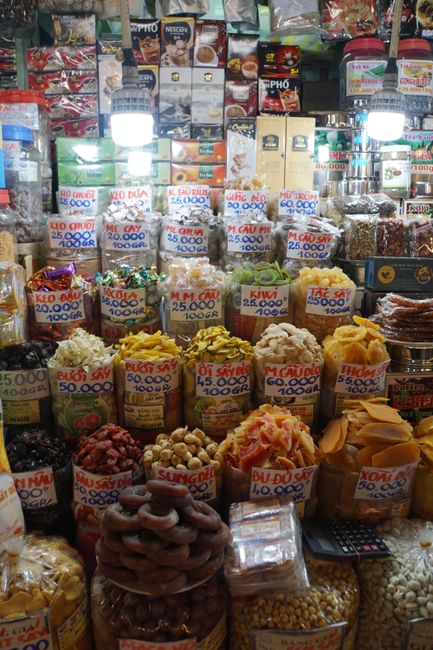
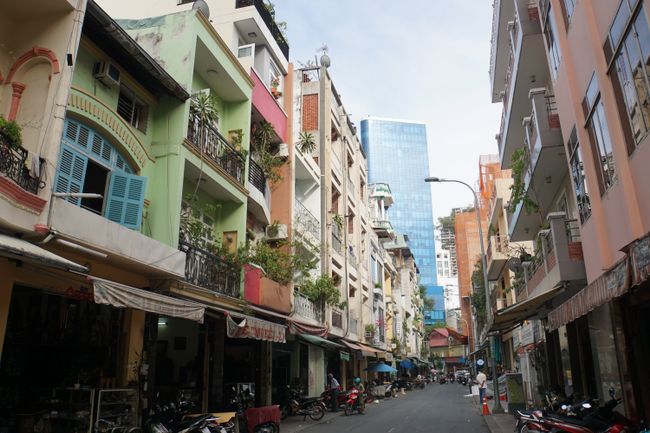
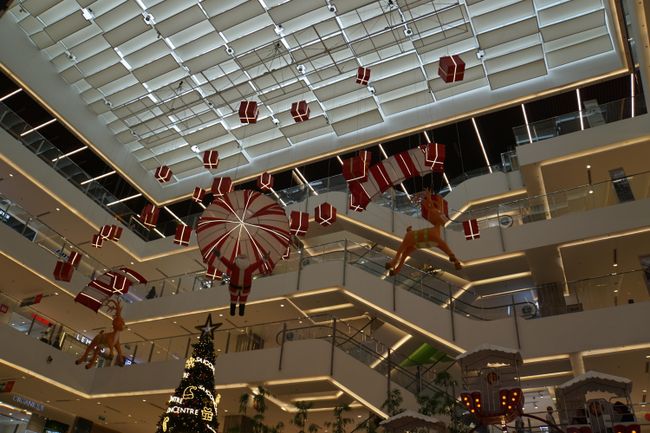
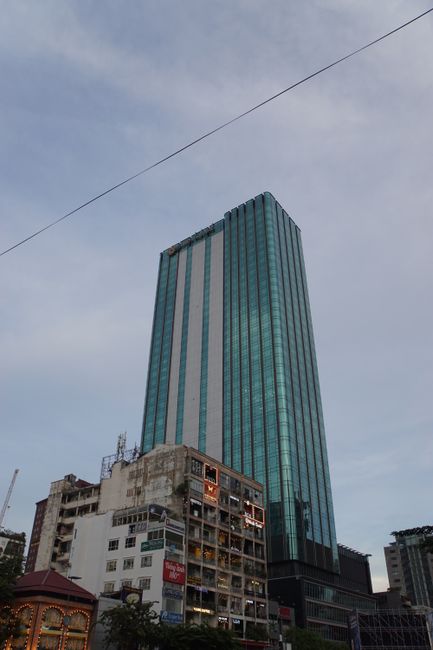
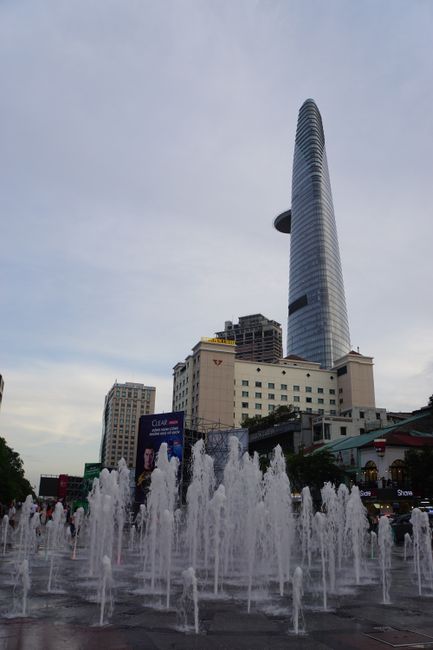
Bhalisela i-Newsletter
A detour to Nha Trang - beach holiday for Russians, Chinese, and Koreans
We left Hoi An by plane and flew from the nearest airport in Da Nang to Nha Trang. The seaside city is popular among Russian, Chinese, and Korean tourists. The small airport, which has some direct connections to these three countries, contributes to Nha Trang's popularity.
For us, it was supposed to be a 2-day beach holiday to relax a bit. The beach, with its coarse sand and no stones or shells, invites you to swim. Unfortunately, the strong waves prevented us from going into deeper water. Except for a fearless Russian, no tourists and us were able to go further into the water. So we enjoyed the sun on the beach first and later the water in the hotel pool. Since it is located on the 22nd floor and surrounded by glass, one can't complain about the view either! It is pleasantly windy up there, making the heat bearable. Nha Trang has the typical Vietnamese street food stalls, but also quite aggressive people who want to sell you things, similar to Mallorca or Miami. We quickly get annoyed by that, but the heavy-drinking Russian tourists are very enthusiastic about 'designer' wallets, crocodile leather products, and new sunglasses. Unfortunately, the restaurants hardly offer their menus in English, but rather for Chinese, Koreans, and Russians. But pointing works well too. In our opinion, it is not necessary to stop here. The main attraction is probably the amusement park 'Vinpearl' located on an island, which can be reached by cable car over the sea and can be seen everywhere on the beach of Nha Trang. However, since shows with bicycle-riding monkeys and dogs, numerous wild animals confined in small spaces, and a dolphin show can be seen here, we gladly refrain from supporting such questionable form of 'entertainment' with our money.
Welcome to Saigon - or rather Ho Chi Minh City
We continued by train to Ho Chi Minh City in southern Vietnam in the morning. The city is better known to many by its old name, Saigon. However, it means the same: a metropolis with about 6-7 million inhabitants and the economic center of the country. Until 1975, Saigon was the capital of Vietnam, but then Hanoi was registered as the capital. Since 1976, the official name has been Ho Chi Minh City in honor of the late North Vietnamese leader Ho Chi Minh. A dispute exists about which name is better. On the one hand, we have heard that Ho Chi Minh is a hero of the people as a peacemaker (see chapter on Hanoi and its mausoleum), on the other hand, there are also voices that do not find the victory of the communist-led North and its takeover of the South to be good at all, but rather as coercion, and therefore also do not accept the name Ho Chi Minh City.
Both sides can be seen in the contrasting city. Old, broken houses where many typical Vietnamese families live and in contrast, high-gloss buildings of banks and corporations, completely glassed and soaring into the sky. For the first time since we were in Vietnam, we see the familiar H&M, McDonald's, and Starbucks. Capitalism has arrived here, and it won't be long before HCMC is more like Saigon here. Old houses are being demolished everywhere and skyscrapers are being built.
It is very hot and stuffy, often smelly, and yet very beautiful here. We are glad to be in a larger city again after the rural impressions. We visit the Notre Dame Cathedral, which got its name and appearance from the French occupation, the post office where a huge painting of Ho Chi Minh hangs, the war museum, and the Ben Thanh Market. In the war museum, you can see the perspective of the Vietnam War from the Vietnamese side (or government?) for about 1.50 euros. To get an impression of the country's history, you should plan about one to two hours here. The Ben Thanh Market is similar to the other markets in Vietnam, divided into food and items or souvenirs.
HCMC is not as chaotic and loud as Hanoi, people hardly burn trash on the sidewalks anymore, and sometimes you can even use the sidewalk instead of having to walk on the street. But at the same time, we also notice that the splendor of the facades seems to be more important here than the real world. Similar to what we have already observed in Singapore and Hong Kong, we see countless young people posing in fake poses in front of fountains, shop windows, and the Christmas decorations of department stores, putting on a forced smile for photos. A little bit of an intact world on the small sections of reality in the later pictures seems to be of great importance. How would the most stylish people feel in Berlin? Where you walk around all day, every day in sweatpants and unwashed hair, with a cloth bag instead of a designer bag, with flip-flops instead of high heels - and that is just as cool. We laugh at the thought and now eat Japanese ramen soup (it just has to be something other than Vietnamese today) - in jogging pants!
Bhalisela i-Newsletter
Phendula
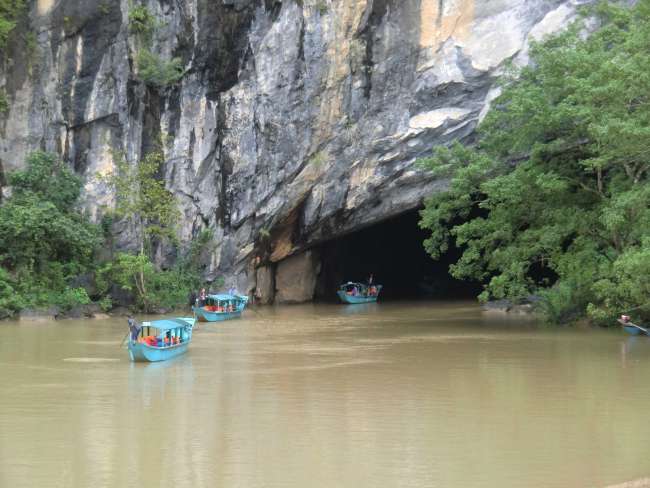
Imibiko yokuvakasha Vietnam

